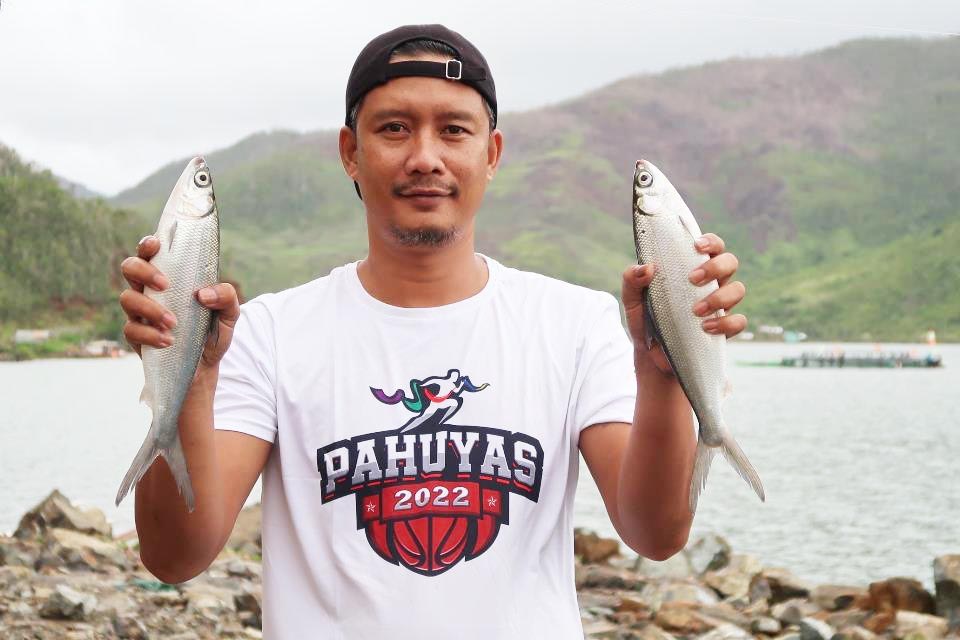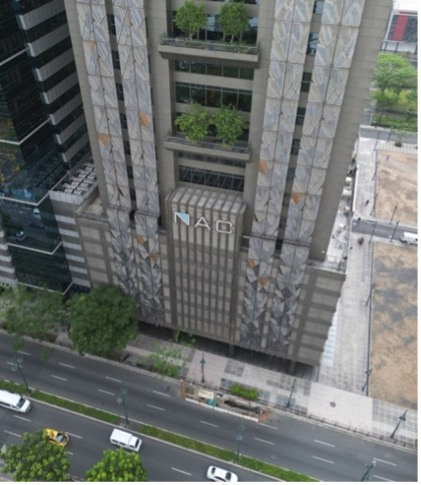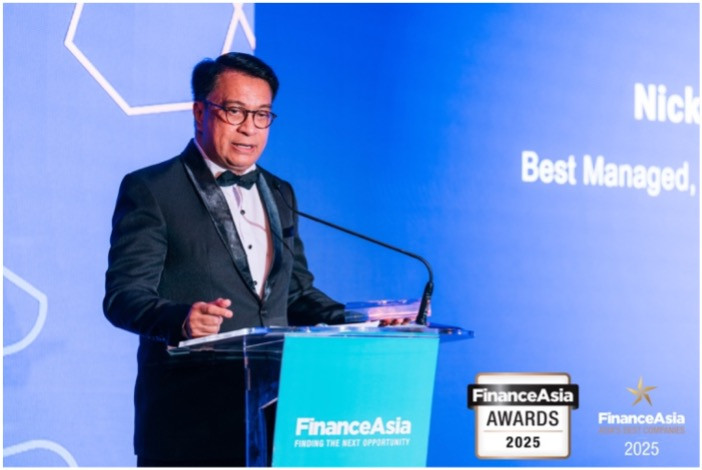EMPLOYEES from Cagdianao Mining Corporation (CMC) exemplified their resiliency as they found ways to earn additional income through milkfish (bangus) farming, a year removed from the devastation of Typhoon Odette.

EMPLOYEES from Cagdianao Mining Corporation (CMC) exemplified their resiliency as they found ways to earn additional income through milkfish (bangus) farming, a year removed from the devastation of Typhoon Odette.
Valencia Regular-Seasonal Workers Association (VARSWA), composed of CMC employees, teamed up with the Bureau of Fisheries and Aquatic Resources (BFAR) and the Department of Labor and Employment (DOLE) to stage a fish farming project that saw them harvest hundreds of kilos of bangus.
"This project was stalled, first because of the pandemic, and then when Odette destroyed the cage and the fish nets. So this is our first partial harvest since and interestingly on the anniversary of Odette," shares Lorenzo “Jojo” Cuares, Jr., President of VARSWA.
Dinagat Islands was one of the provinces most ravaged by the typhoon in December 2021 that left a lot of its residents homeless.
A year later, a lot had changed and the successful first wave of bangus harvest was a clear indication of the community's fortitude.
Through CMC’s Social Development and Management Program (SDMP), about P800,000 was poured into the project to provide logistical and operational support for VARSWA, composed of 50 members who are all regular-seasonal employees of CMC, a subsidiary of Nickel Asia Corp. (NAC).
This budget also included the provision of Norwegian cages for the bangus.
Bangus farming is a natural choice for VARSWA as Barangay Valencia is in an inland coastal waterway that provides the best condition for cage culture.
With the success of this initial haul, Cuares said that VARSWA is expecting at least 3,000 kilos of bangus in this particular harvest from just one cage, with the members getting a 70-percent dividend share out of their net income to be divided equally.
"We will each earn a little from this harvest after all the expenses are accounted for. This kind of income is not enough as a main source of livelihood but a very good and a welcome extra income,” he added, with the bangus selling between P180 to P220 per kilo depending on the size.
"We know that to earn bigger, we need to expand our production like adding the quantity of our fingerlings, but we are consulting the technical experts on how to do so without adversely impacting the environment and to ensure that this livelihood becomes truly sustainable."
BFAR, for its part, gave training sessions, while DOLE provided farm inputs to the members of VARSWA.
"There are factors and principles the members have to learn including efficient business management and, most importantly, protection of the environment for sustainability as they take advantage of the natural resources available to them," said Sherrie Ann Cardoniga, Enterprise Development and Livelihood Coordinator from CMC’s Community Relations Department.



